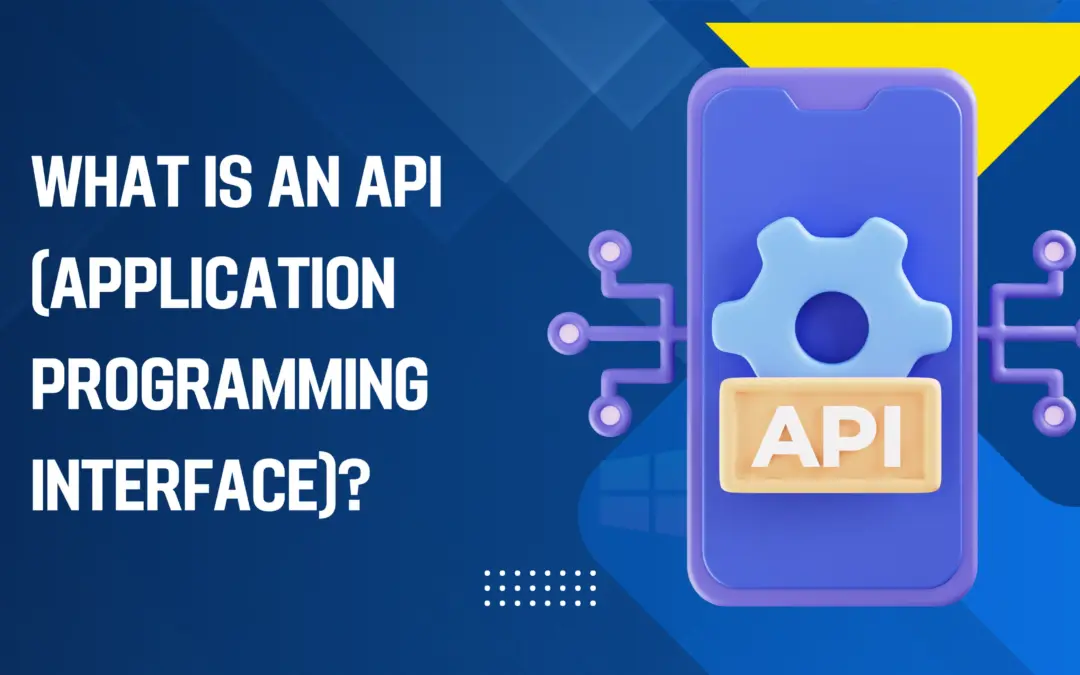Ever wondered how your phone’s weather app gets its data? Or how can you log into a new app using your Facebook account? The magic behind these everyday conveniences is something called an API. Let’s break down what that means in plain English.
The Restaurant Menu Analogy
Think of an API as a restaurant menu.
You (the customer) are like one piece of software. The kitchen is another piece of software, a complex system with its own rules and ingredients. You don’t need to know how the kitchen works, what recipes they use, or where they source their ingredients.
You just need the menu. The menu provides a clear, standardized list of what you can order (the requests you can make) and describes what you’ll get back (the response).
The waiter is the API. You tell the waiter your order (make a request). The waiter communicates the order to the kitchen, which prepares it. The waiter then brings your food back to you (delivers the response).
An API is a waiter, a messenger that takes requests, tells a system what you want to do, and then returns the system’s response to you.
What Does API Stand For?
- Application: This refers to any software with a distinct function.
- Programming: Developers use APIs to make different software applications talk to each other.
- Interface: A contract of service between two applications. This contract defines how they can communicate using requests and responses.
In short, an API is a set of defined rules that enable different applications to communicate with each other.
API Examples
- Travel Booking Sites: When you use a site like Kayak or Expedia, a single search query APIs from hundreds of airlines, hotels, and car rental companies. The site collects all the responses and displays them to you on one page.
- “Log in with Facebook/Google/X“: Instead of creating a new username and password, a website uses that platform’s API to securely verify your identity. The website never sees your password.
- Payment Processing: When you pay on an e-commerce site with PayPal or Stripe, the site uses their API to securely send your payment information without ever handling your sensitive bank details.
Why Are APIs So Important?
APIs are the hidden glue that powers our digital world. They allow businesses to:
- Innovate Faster: Developers don’t have to build everything from scratch. They can integrate specialized services (like maps, payments, or weather data) via their APIs.
- Create Better User Experiences: They allow different services to work together seamlessly, providing you with integrated and efficient tools.
- Security: APIs act as gateways, allowing systems to share only specific data and functionality, keeping the core system protected.
Key Takeaways
It’s the code that governs the access point(s) to a server, acting as the crucial middleman that delivers one application’s functionality or data to another, all while maintaining security, control, and efficiency.
The right APIs are key to building connected, powerful, and modern digital solutions. It’s how we help our clients innovate and integrate the best tools for their needs.

